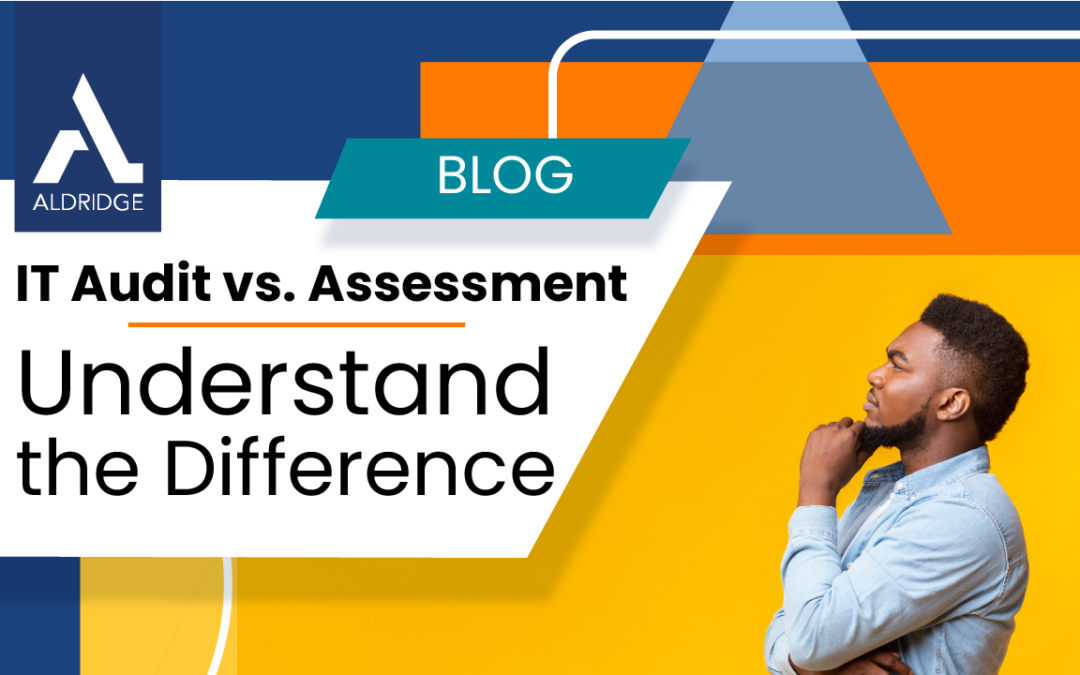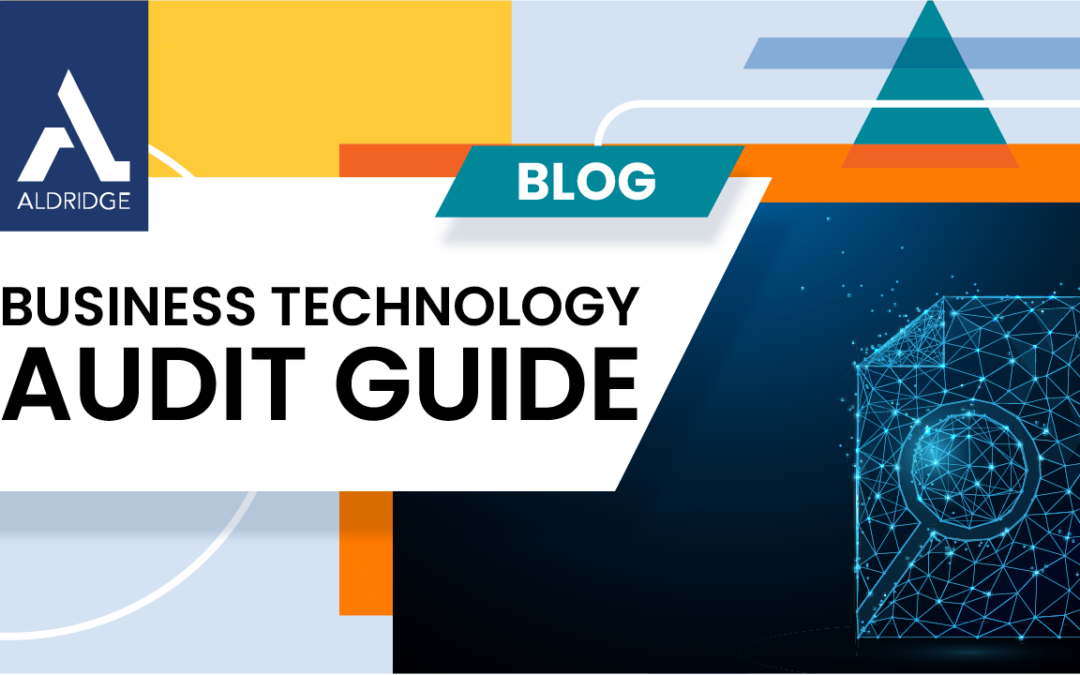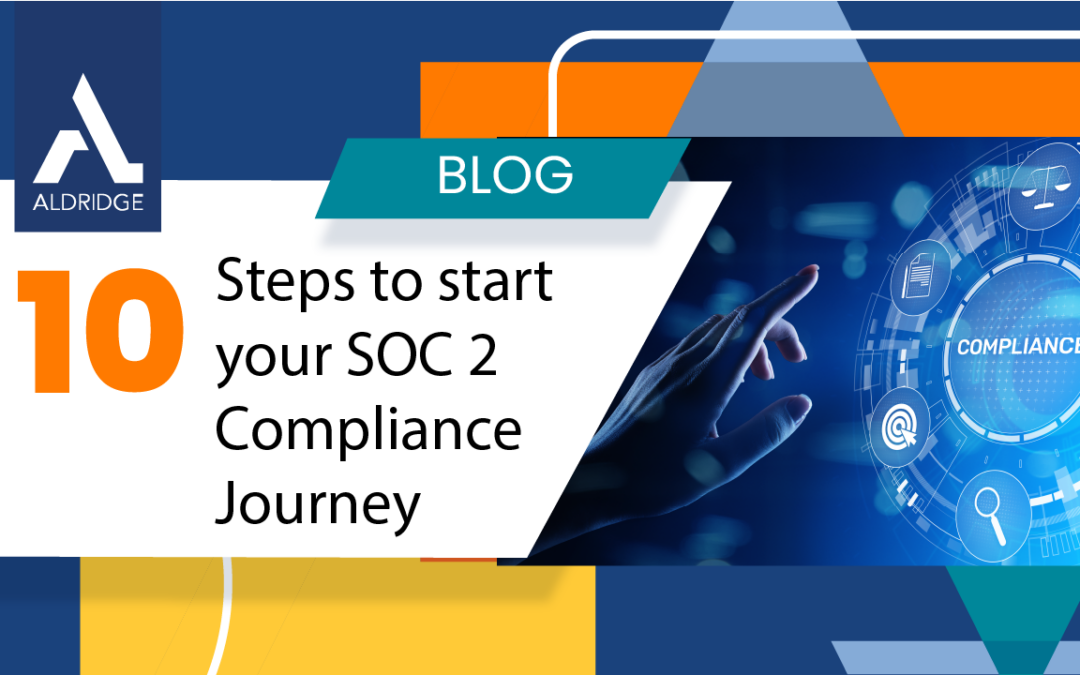


Understanding the Difference Between IT Audits and Assessments
IT audits and assessments often find themselves in the spotlight. However, their distinctions and specific roles in strengthening a company’s technological backbone are frequently misunderstood. Understanding the Difference Between IT Audits and Assessments ...
The Business Technology Audit Guide
Technology plays a pivotal role in driving growth and success. From cloud computing and data analytics to cybersecurity and digital marketing, businesses rely heavily on various technologies to stay competitive. However, it’s essential to ensure that these...
10 Steps to Start Your SOC 2 Compliance Journey
Data security and privacy have become vital concerns for businesses and their customers. As organizations increasingly rely on cloud-based services and third-party vendors to handle sensitive data, ensuring the protection of this information has become a top...
Safeguarding Your Business: The Power of Third-Party Security Audits
Cybersecurity threats continue to evolve, and data breaches can have severe financial and reputational consequences. To mitigate these risks and ensure the security of your operations, third-party security audits have emerged as a powerful tool. Safeguarding Your...
